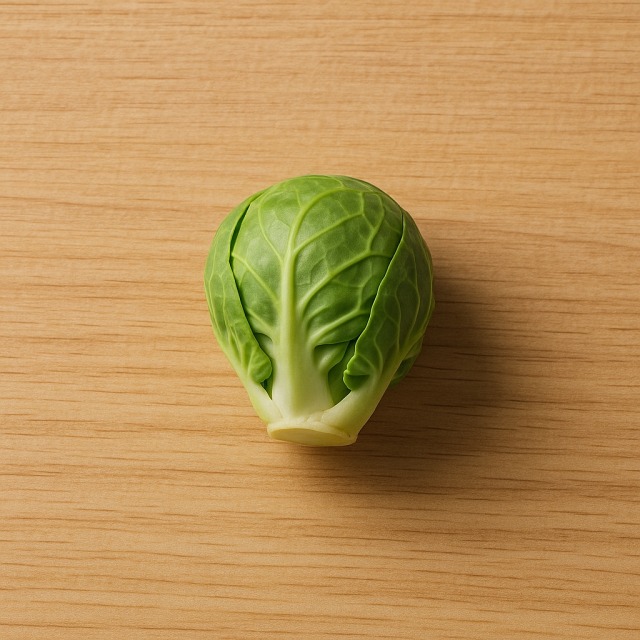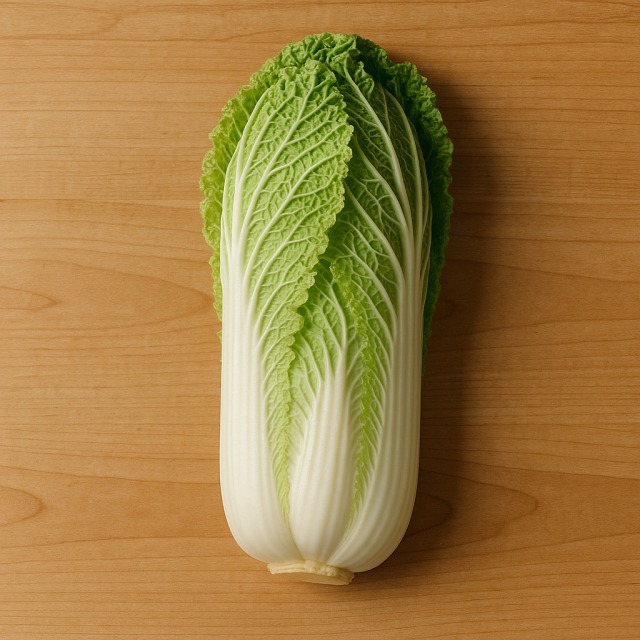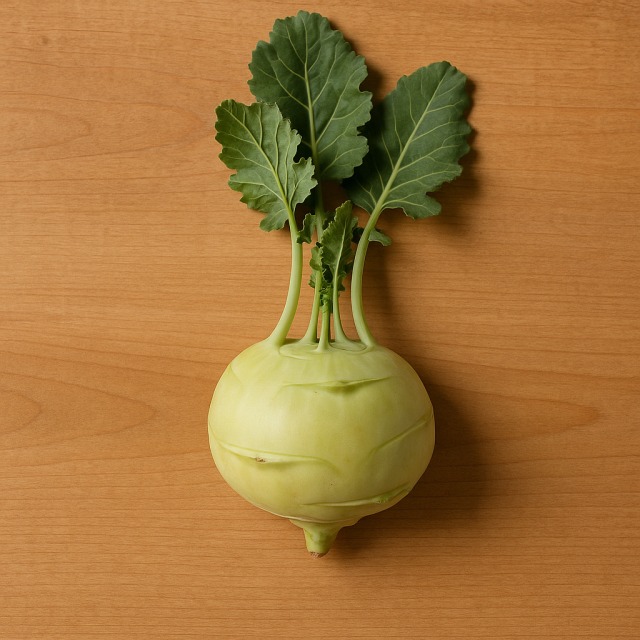Calorie Chart / Vegetables / Broccoli
How Many Calories Are in Broccoli?
Calculation of the nutritional value & Recommended Dietary Intake of broccoli
For g and a calorie requirement of kcal
| Calories 52 kcal | Proteins 6 g | Lipids 0.6 g | Carbohydrates 0 g |
| 3% | 8% | 1% | 0% |
Health benefits of broccoli

Broccoli - 100g
Calories 26 kcal
Proteins 3 g
Lipids 0.3 g
Carbohydrates 0 g
Broccoli is a distinctly low-calorie cruciferous vegetable: at only 26 calories per 100 g, it belongs to the lightest category and is ideal for people monitoring their calorie intake or aiming to increase portion size without adding many calories. Such a low-calorie contribution is precious for both weight-loss and high-volume diets.
Despite its modest calorie count, broccoli is packed with vitamin C (more than some citrus fruits), vitamin K, folate (B9), and provitamin A. On the mineral side, it supplies calcium, potassium, and iron, while its sulforaphane and indole-3-carbinol provide antioxidant and detoxifying properties that are studied for their supposed anti-cancer potential.
The high-fibre content supports satiety and smooth digestion without raising calories. Broccoli also contains lutein and zeaxanthin, carotenoids that may protect eye health. Compared with its close relative cauliflower, it offers a richer chlorophyll profile, explaining its deep green colour. Similar green allies such as spinach and orange counterparts like carrot complement its nutrient spectrum.
Historically, broccoli was cultivated in the Mediterranean basin by the Romans before traveling to France and then worldwide; its name derives from the Italian "broccolo," meaning "cabbage sprout." Knowing this heritage can make every forkful of this low-calorie vegetable a small cultural journey.
Tips for incorporating broccoli into a balanced diet
To compose a balanced plate with controlled calories, steam broccoli florets for four minutes, drizzle with lemon, and serve next to a grilled salmon fillet. You will gain quality proteins and omega-3 while adding only 26 calories per 100 g from the vegetable side.
For a plant-based bowl, sauté broccoli with garlic, ginger, and a dash of soy sauce, toss in cubes of tofu, and spoon it over 60 g of cooked brown rice. The vegetables bulk up the meal with hardly any calories, letting you control the total bowl calories without losing flavour.
If you crave pasta, replace half the tagliatelle with broccoli florets; coat with a light pesto sauce to cut the dish's calories while adding fibre. The same volume trick works in recipes like chicken curry or ratatouille, where broccoli can substitute part of the starchy garnish and lower overall calories.
Finish with a teaspoon of vegetable oil or herbs for taste—just enough fat to aid vitamin absorption without sending calories sky-high.
Frequently Asked Questions
- How many calories are in broccoli?
- There are 26 calories (26 kcal) per 100 g.
- Is broccoli good for weight loss because of its calories?
- Yes. With only 26 calories per 100 g and a high-fibre content, broccoli helps create filling meals while keeping daily calories low, making it a valuable ally for weight-loss plans.
- Do cooking methods change broccoli's calories?
- Steaming or microwaving adds virtually no calories, while stir-frying in oil or adding creamy sauces can raise total calories significantly.
- How does broccoli compare in calories to cauliflower?
- Broccoli provides 26 calories per 100 g, whereas cauliflower averages about 25–29 calories, so both are very similar low-calorie choices.
- Can I eat broccoli every day without exceeding my calorie budget?
- For most healthy adults, regular servings fit easily into a daily calorie allowance because broccoli contributes minimal calories alongside valuable micronutrients.
Similar foods
Information provided by Calorie Menu may contain inaccuracies or errors. It cannot, under any circumstances, substitute medical advice or medication.










